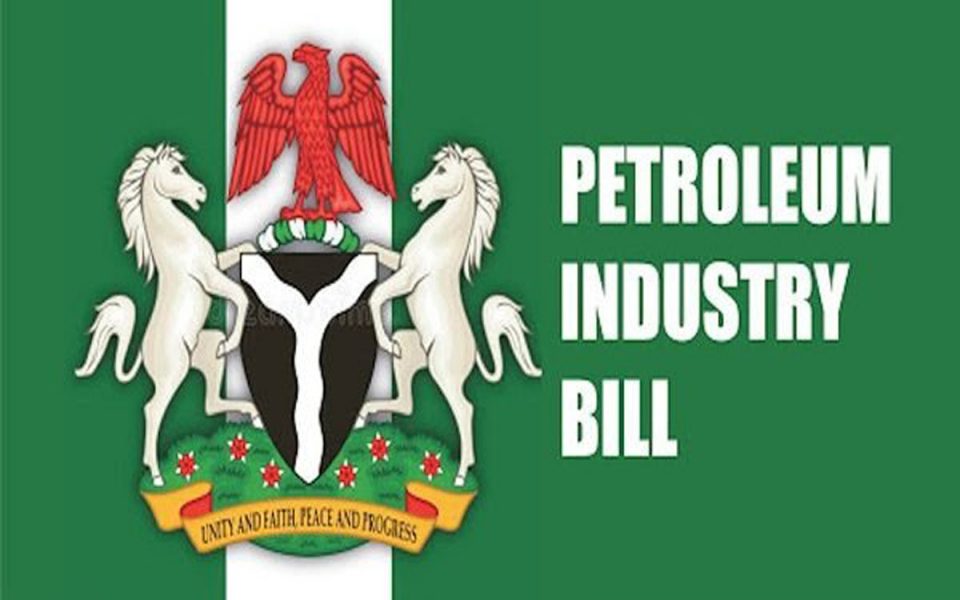- NASS should take a second look at stakeholders’ grievances
With the passage of the long-awaited Petroleum Industry Bill (PIB) by the two chambers of the National Assembly on July 1, Nigeria may have reached a milestone of sorts in its attempt to give the industry a new governance framework. Yet, not a few believe that the new PIB, which has been some 20 years in the making, has failed to address some of the key concerns of critical stakeholders in the sector.
Among other highlights, the bill proposes “a commercially oriented and profit-driven national petroleum company” – one independent of the government and its funding; a new regulatory framework – the Nigerian Upstream Regulatory Commission and the Nigerian Midstream and Downstream Petroleum Regulatory Authority, each of which is to oversee the different segments of the petroleum industry. Importantly, it sets up the host communities fund, designed to foster sustainable prosperity within the oil producing communities.
As it turns out, the latter – the host communities’ fund – has become the most contentious. Whereas the House of Representatives had approved five per cent in its version of the bill, the Senate had settled for three per cent. Next to it is perhaps the provision of 30% of the Nigerian National Petroleum Corporation (NNPC) profits to fund exploration activities in the frontier basins. Then, questions on the ownership structure of the new commercial entity meant to replace the national oil corporation under the new dispensation.
The point bears making that there is no such thing as a perfect piece of legislation. Indeed, that the country has reached this point after several botched attempts, is itself a measure of progress. In any case, the job isn’t nearly done until the two chambers have harmonised the two versions for the president’s assent.
What the mood – notably those of the critical stakeholders – would seem to suggest at this point, is the need for further compromises, particularly on the percentage accruable to the host communities. While it seems unlikely that the National Assembly will be disposed to grant the 10 per cent which the host communities insist is fair and equitable, perhaps a middle ground of say – four percent – might be considered in the circumstance as a measure of good faith.
Also, we do agree that the industry needs a renewal; it needs to grow its capacity to become a major force in the global energy industry. Our understanding is that some exploration activities are on-going in the frontier basins obviously as part of measures to bolster the nation’s reserves. This should be encouraged. However, while it is beyond question that these activities are necessary, what is hard to justify is the idea of a whopping 30 per cent of the NNPC’s profit being enshrined in the law and exclusively for the exercise. It seems to us an open licence to sleaze and profligacy. We suggest a drastic reduction in this percentage; or better still, make exploration activities an item on the annual budgetary process for proper evaluation and monitoring.
On the question of the ownership structure of the proposed Nigeria National Petroleum Company Limited (NNPC). Here, the argument is whether this should be vested in the Federal Ministry of Finance or more appropriately, the Nigeria Sovereign Investment Authority (NSIA), given that all tiers of government have stakes in that vehicle. The National Assembly may want to take another look at the various shades of the arguments before presenting the final copy of the bill to the executive for assent.
In all, we do understand that the new regime proposed under the PIB will depend not so much on the letters of the law but on the commitment of the political leadership to ensure that the industry is ushered into the new lease as proposed. So much for the brand new regulatory agencies as proposed. Do they really have the capacity to undertake their assigned tasks? How do we get them up to speed in the face of the artful manoeuvres by entrenched interests sworn to ensure that business goes on as usual? These are the issues.




